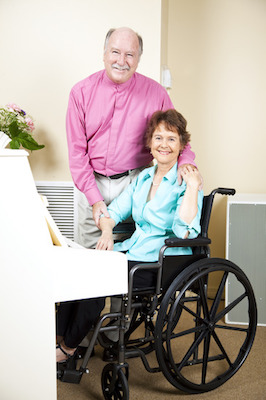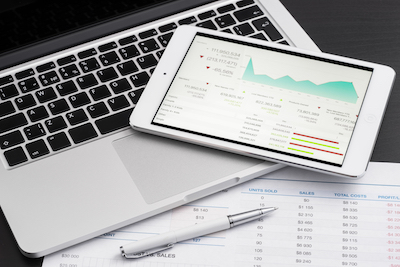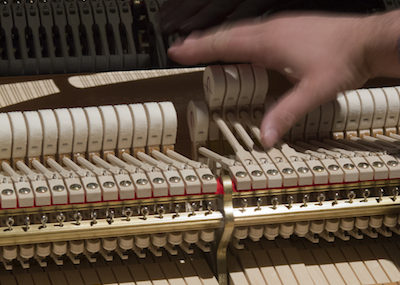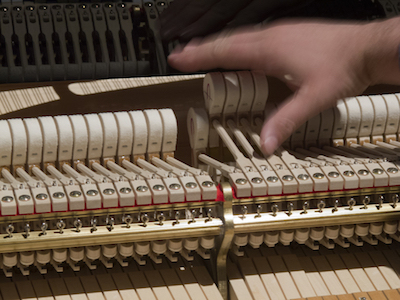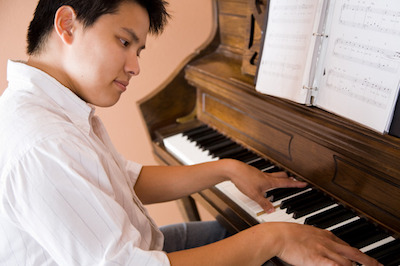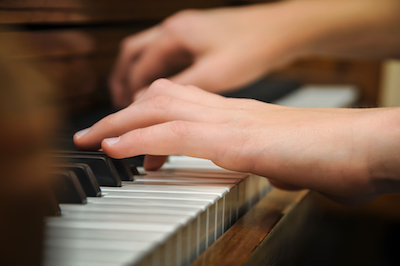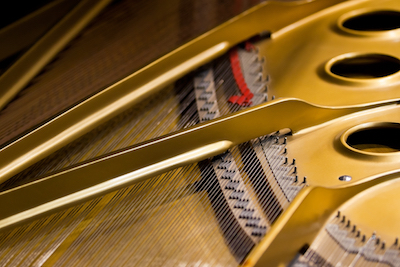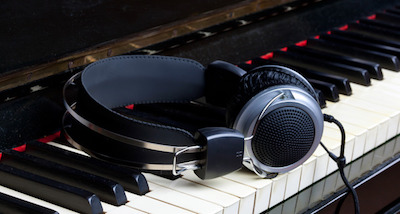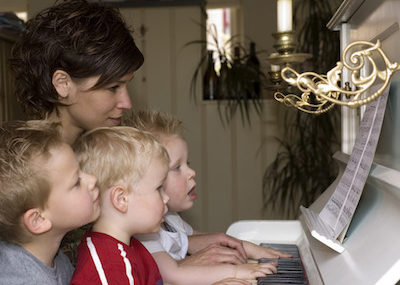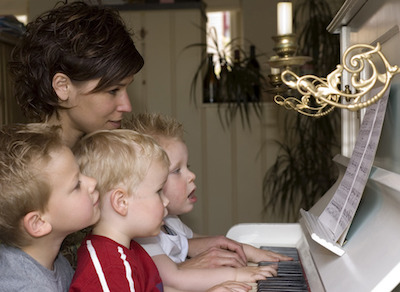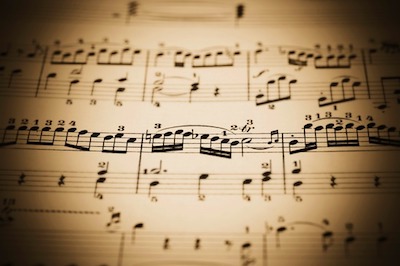The most common questions we have about piano playing is about the tuning process.
Does my piano need tuning if no one is playing it?
Does my piano need tuning if we play it every day?
Does my piano need tuning on a regular basis?
Yes, yes, and yes.
Pianos go out of tune for many different reasons. But if you own a piano, it will require tuning on a regular basis. 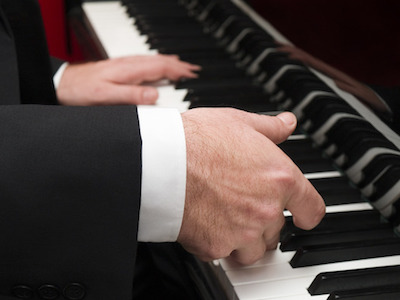
The Strings Stretch
When a piano is new, each steel wire is put into place. It is tightened and designed to stretch as each note is played, popping back into place. Especially when it’s new, the strings haven’t adjusted to their new location. Very quickly they begin to stretch. And as they stretch, they sag, dropping in frequency even after just a few times played. This is why a dealer will suggest tuning multiple times the first year, to bring the strings into place where they are capable of staying in tune.
Environmental Changes
Cold, heat, humidity and dryness all play an important part in the overall sound of a piano. Wood handles differently depending on the condition. The sound board must be free to vibrate to create the beautiful sound you come to expect from your piano. But imagine what happens if moisture gets into your piano? Or if warm air blows on it constantly from your heat vents? Even if your piano is never played, these conditions impact the overall quality of your piano. They will impact its playability with every change.
Poor Tuning
Not every piano tuner has the same level of experience. Worse, some DIYers attempt to handle the job themselves. Piano tuning is a delicate and difficult task, one that takes professional tuners a lifetime to master. An inexperienced tuner can tighten and loosen a string much more than necessary. When this happens, it is impossible to leave an equalized string. Which means the string is not set and will quickly go out of tune once again.
Normal Use
Even tuning from a top professional won’t last forever. With every strike of the key, the more a piano is played, the more likely it is that the tuning pin will turn slightly and pull the string out of tune once again. That’s why professional piano players or piano teachers will have their pianos adjusted several times per year.
Moving
Any time a piano is moved, whether it’s across the room or across the country, the tension will be disturbed, changing the string dynamics. Not only is it impacted by “bouncing around”, but it can also be impacted by the change in environment. Imagine being moved from a temperate home to a cold moving truck and back into a home with new humidity levels. It has an impact.
When was the last time you tuned your piano?


